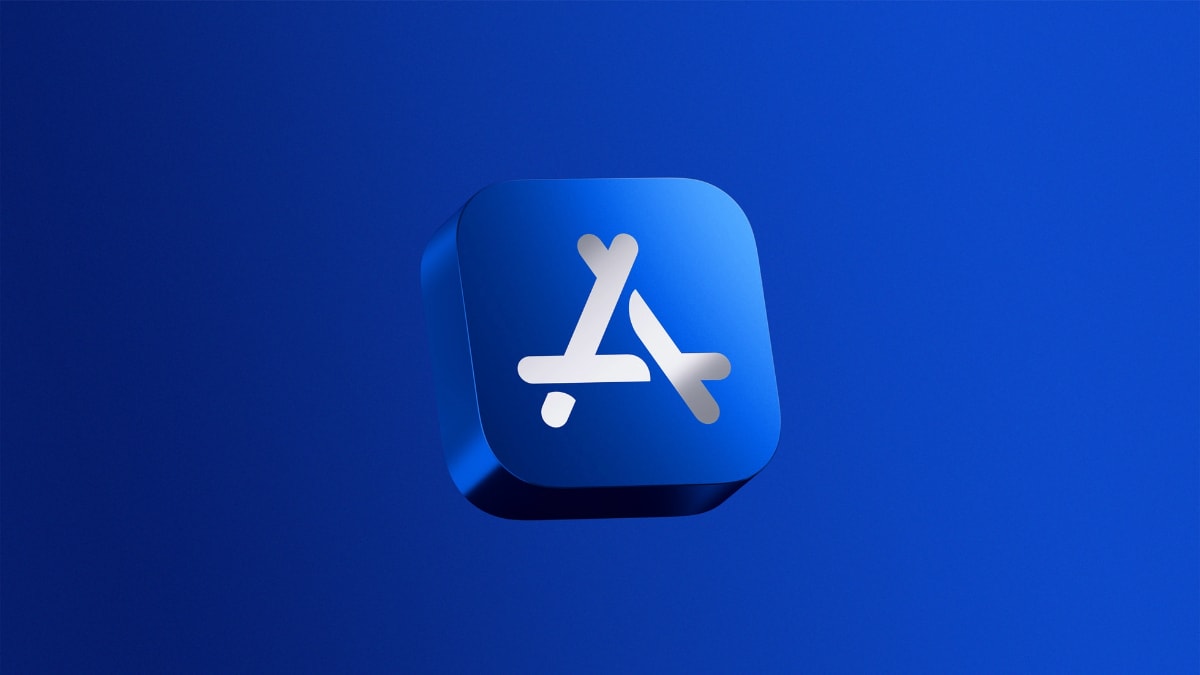iOS 17.4 is now rolling out to beta testers on the company’s public beta channel, a week after Apple rolled out the update to developers. The upcoming iOS update is expected to arrive in the coming weeks with several changes to how iOS works in specific countries. In order to comply with the European Union’s Digital Markets Act (DMA) regulations, Apple will soon allow customers in the region to access third party app stores while opening up other parts of the operating system including NFC support for third party apps.
Apple began to roll out the iOS 17.4 public beta (21E5184k) on Tuesday and there are a few user-facing changes that are visible after updating to the latest version. Apple has updated the Stolen Device Protection feature — introduced with the iOS 17.3 update — with a new option that always requires a delay when changing security settings, ignoring when the phone is in familiar locations.
While users outside the EU won’t benefit from all of the changes coming to iOS 17.4, the update includes support for third-party app stores that can be installed on an iPhone, while browsers like Firefox and Chrome can support their own browser engine. Game streaming will also be allowed with iOS 17.4, while Apple Pay competitors will be able to use the NFC technology on the iPhone for contactless payments.
With iOS 17.4 Apple is including six new emoji — Broken Chain, Brown Mushroom, Head Shaking Horizontally, Head Shaking Vertically, Lime, and Phoenix Bird. These will be visible in apps and can be sent to other users via the system keyboard. The update also replaces the detailed family emoji with simplified versions, while emoji of moving characters are now shown with variations for different directions.
The Apple Podcasts app has also been updated with support for automatic transcriptions that are generated for an episode and displayed in the app, while the company has updated the Listen Now tab at the bottom of its podcasts app and the Apple Music app with a new label — Home. No other visual changes are visible on both apps.
Check out our Latest News and Follow us at Facebook
Original Source

